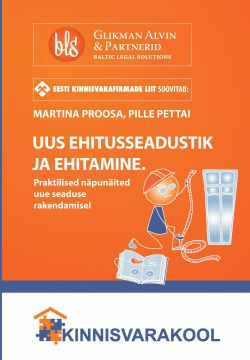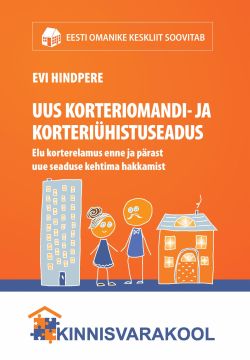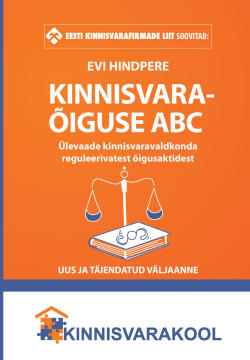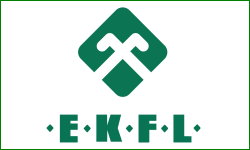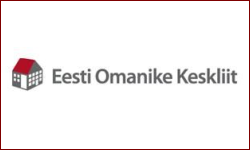 • Inflation amounted to 3.4% in December and for 2018 as a whole.
• Inflation amounted to 3.4% in December and for 2018 as a whole.
• In 2019, price growth is expected to slow to 2.8% as energy prices should stabilise and the planned hike of the excise tax on alcohol is cancelled.
Inflation stayed at 3.4% in 2018 just like in 2017. A quarter of the increase was due to more expensive housing: mostly electricity, heating, and rental prices. The price of electricity remained high at the beginning of this year as cold weather lifts demand.
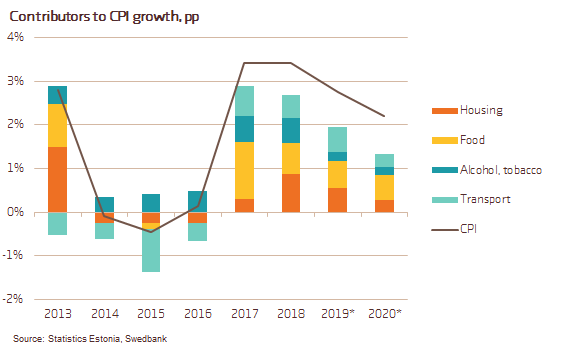
Motor fuels and food both contributed a fifth to the total growth in consumer prices. The increase in the price of petrol was 12.3% and that of diesel fuel 11.4% in 2018. The prices of motor fuels were supported by higher oil prices and excise taxes. Substantial increases in excise taxes lifted the prices of alcohol and tobacco, too. We expect the price of oil to stay at around the same level in 2019 as in 2018, on average, and then decline below 70 USD/b in 2020.
Inflation in Estonia is mainly boosted by external price pressures (higher energy prices) and tax increases. Domestic factors, i.e., higher labour costs, have had a smaller impact. Nevertheless, the prices of different services, where labour costs are an important part of the overall costs’ structure, are on an upward trend. In addition to various entertainment activities, more crucial services like health, especially dental care, and transport services have also become more expensive.
Despite rapid inflation in 2018, employees’ net average real wage jumped by around a tenth last year as the average gross wage grew twice as fast as the average cost of living, and the non-taxable income boosted incomes for the majority of workers.
This year, inflation is expected to slow to 2.8% as energy prices should stabilise and the excise taxes on alcohol were cancelled.




